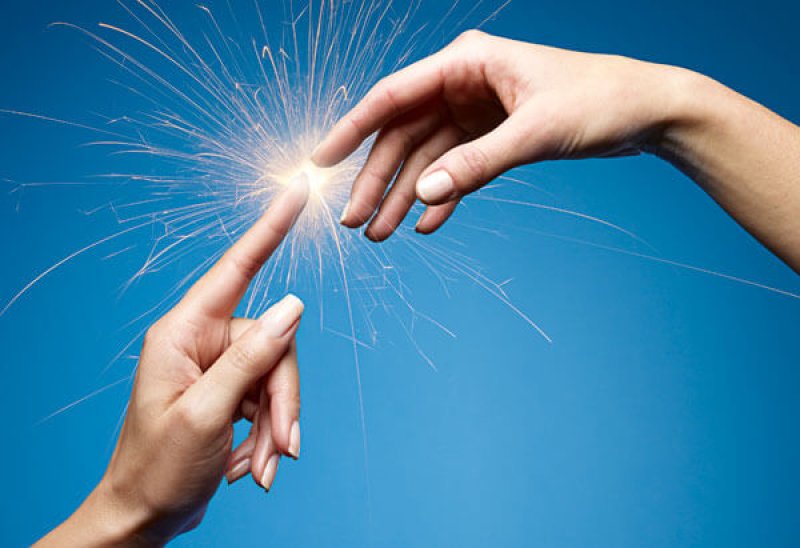It shouldn’t hurt to put on socks, wash hands, or walk about, but for some people with damaged nerves, certain innocuous actions can be agony—a condition called mechanical allodynia. Now, researchers have discovered in mice that, regardless of whether such nondamaging activities are actually perceived as painless or painful (as in allodynia), the very same cells—those containing high levels of the protein Piezo2—transmit the tactile information to the central nervous system.
…
[Alexander] Chesler and colleagues gave four such PIEZO2-lacking patients capsaicin injections into their forearms to induce local allodynia, their sense of touch at the inflamed site remained deficient compared with that of healthy controls, who in contrast felt pain.…
[T]hese results indicate that Piezo2 transmits the sense of touch, specifically, mechanical pressure, regardless of whether it is perceived in the brain as painful or painless. An inability to transmit this pressure sensation because of the missing transducer thus fails to produce a pain sensation in allodynia.…
A Piezo2-inhibiting treatment could not be used systemically to treat patients with chronic allodynia because the sense of touch throughout the body would be affected. If a locally administered treatment, such as a topical cream, could be developed, says [neurologist Clifford] Woolf, a patient’s “sense of touch and tactile allodynia would be diminished,” while their normal sense of pain would remain intact.
Read full, original post: When Normal Touch Becomes Painful, the Same Neurons Are Involved































